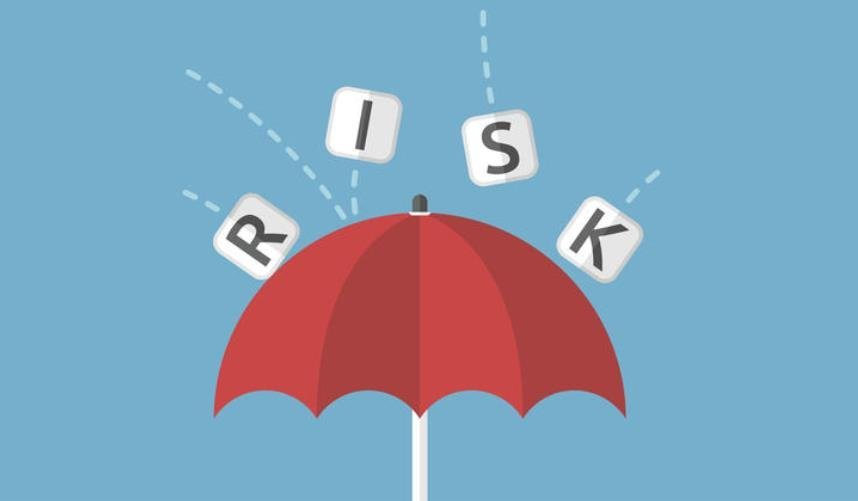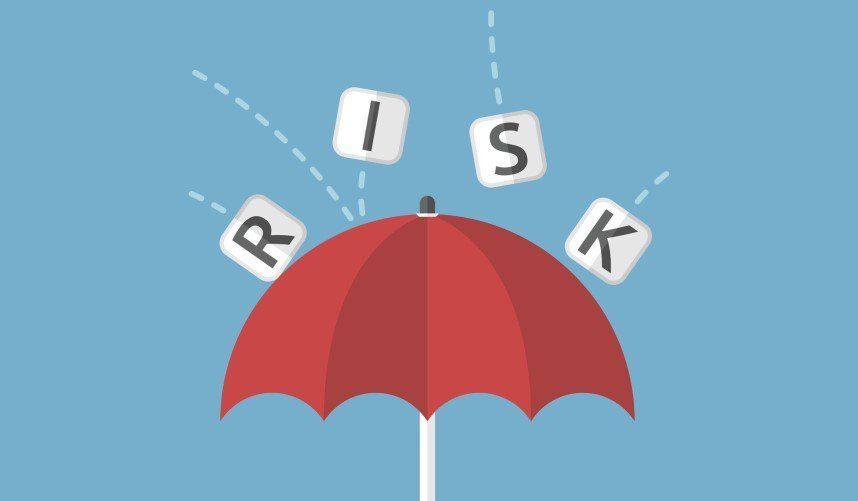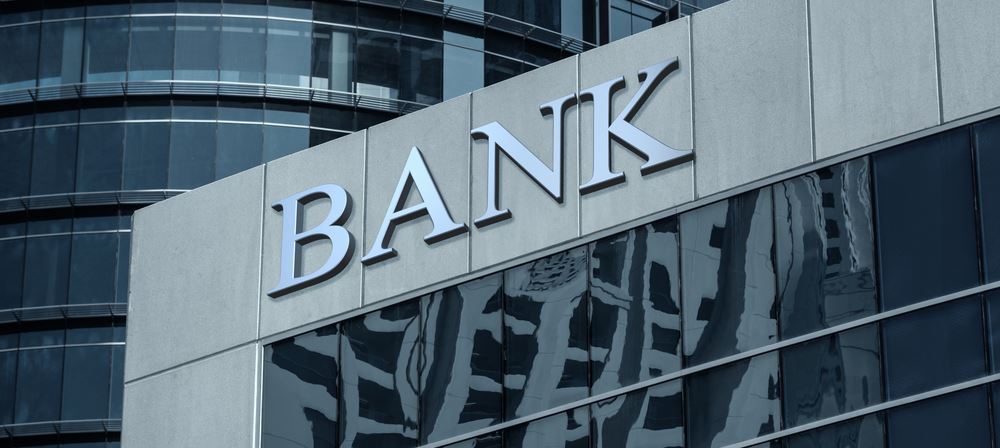The role of Risk Champions in effective Risk Management

| At the heart of any effective risk process are two common qualities of strong team work and open communication. This, supported by strong action and solution orientation enable the Risk Management function to carry out its mandate effectively. Risk Champions are central to this, and used well, they become the glue that can hold risk activities together.One being a risk champion does not necessarily mean that he or she is an expert in risk. It only implies that they have got enough influence within the company or organization which is backed up by their genuine interest and basic knowledge about the risk process. Among their many qualities is passion and commitment. As effective communicators, they are able to get the broader team involved and often succeed in getting their colleagues to entrench risk management practices in their day to day activities. Good risk champions understand that their role is that of providing leadership and guidance for their specific teams working alongside the group’s risk function. The process of getting the risk champions is often riddled with complexities. these may range from non-commitment to clear cases of incompetence. However, a common pitfall is often the fact that risk champs are capable individuals who are just overloaded with a range of other activities. “One of the challenges we faced is that business would often appoint people who had a variety of other responsibilities and being a risk champion is but one of the many functions they fulfill, Other challenges that often come up is ensuring continuity and often we train risk champs only to have changes, making continuity difficult at times, This is often coupled with unwillingness to take responsibility on risk issues. These two scenarios are managed through setting clear expectations of senior management and ensure that each areas have plans for ensuring continuity. One of the key ways is to ensure that costs associated with training are initially covered by the risk area but if there is a change that could have been prevented, then the business has to take the costs. A useful intervention is making recognition and reward process which will ensure that effective risk champs are publically acknowledged laying a platform for adoption of best practice across the group. Recognition is a positive motivator and can help mold a positive risk management culture. The process of recognition and reward must be clear to all stakeholders and the outcome must be unquestionable. The final aspect of ensuring effective risk champions is to provide platforms that will support the champs in their day to day activity, as well as provide a channel through which issues can be quickly reported and escalated. A risk champion weekly or monthly meeting can serve this purpose, this platform has to be explicitly stated on the risk policy and there has to be clear support by senior management. The process can also be supported by an effective risk management system that captures all the information, risk incidents and action plans. The system has to be easily accessible and monitored visible to by all stakeholders. Ultimately, risk champions must be team players with good communication skills, they must be action orientated and solution driven in this way they can help the Risk Management function to be more effective and play a pivotal role in carrying out this risk mandate effectively. |






Responses